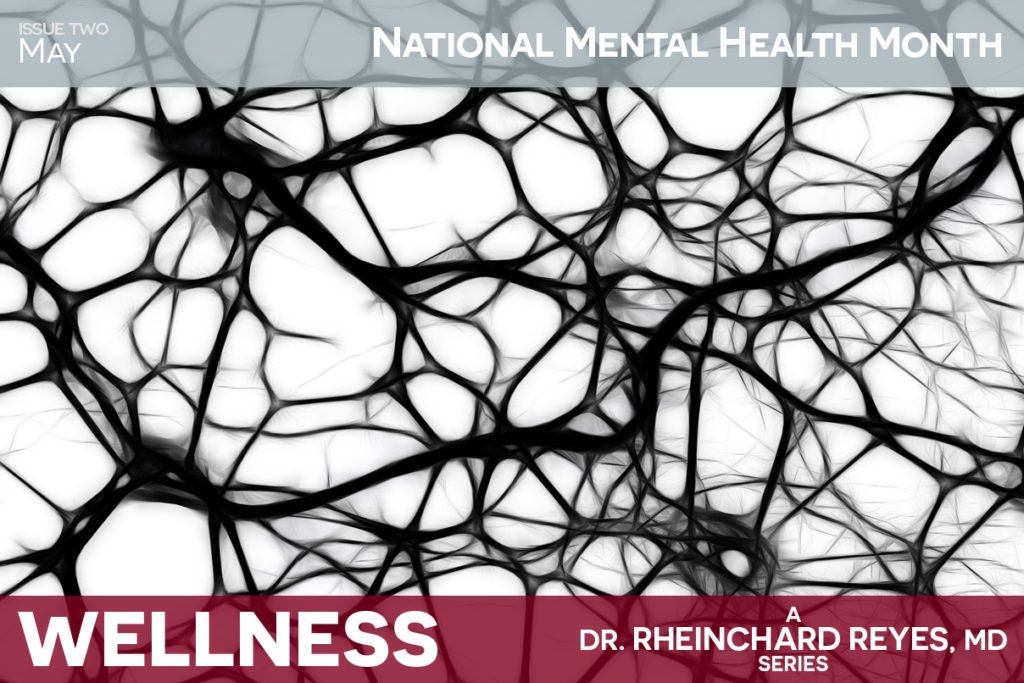The observance of May as National Mental Health Month dates back to 1949 and was started by the Mental Health America organization. Therefore, this year marks the 70th anniversary of one of the longest running public health initiatives in our country. It seeks ¾and sure does¾ reach millions to raise awareness concerning the trauma and the impact that mental illness has on the wellbeing of adults, children, families, and communities at large.
Awareness months, weeks, and days have proven an invaluable tool to successfully approach the fight for better health conditions nationally. The outreach activities organized by a host of different public and private institutions ¾including local, state, and the federal governments¾ are prime examples of the efforts that can and have significantly improved recovery from mental illness. And not only that, they have helped vastly improve the outlook of those seeking to recover from mental disorders and to lead better, full-hearted, and more productive lives in spite of their ailment. These efforts typically include, but are nor limited to: educational and fundraising events, specialized media coverage, free screenings, toolkit materials, awareness activities, policy advocacy initiatives, etc.
Mental health is essential for the overall health of the 18.1% of Americans who suffer from a mental illness, namely, depression, schizophrenia, and bipolar disorder. That is almost 1 in 5 people! We now know that prevention works, treatment is effective, and people recover from mental disorders.
Contributing Partners
Mental Health America and its affiliates lead the effort in the US. However, they have always been extremely keen on reaching out to and welcoming a host of other organizations and public institutions to help spread the word and organize activities. One prime example is the Substance Abuse and Mental Health Services Administration, in partnership with other nonprofits, advocacy groups, the public health community, and the U.S. Department of Health and Human Services, which for the past 20 years has devoted prevention and treatment resources and dollars to tackle mental health problems. This effort has seen advances in the form of approved acts and legislative programs that have literally helped millions. Some examples are:
- The Affordable Care Act, which “cared” to include health insurance coverage to approximately 30 million Americans, from which an estimated 11 million feature substance abuse and/or mental health service needs.
- The Community Mental Health Services Block Grant, providing financial assistance to states and territories for comprehensive community-based mental health services and evidence-based practices to adults with serious mental illnesses and children with serious emotional disturbances.
- The Mental Health Parity and Addiction Equity Act of 2008, which eliminates the practice of unequal health treatment and improves access to mental health treatment via more equitable insurance coverage.
- The Garrett Lee Smith State/Tribal Suicide Prevention Program, which coordinates government agencies and the private sector in the development, implementation, and evaluation of youth suicide prevention and early intervention plans.
NAMI, the National Alliance on Mental Illness, is another such example. They are responsible for setting up the WhyCare? Campaign, which has placed its emphasis on the importance of care in our relationships to others, in mental health treatment and services, and in support and education to millions of people, families, caregivers, and loved ones affected by mental illness.
- animal companionship, including pets and support animals
- spirituality
- humor
- work-life balance
- recreation and social connections
Feel free to visit their dedicated Mental Health Month website (http://www.mentalhealthamerica.net/may), where you will find their 2019 toolkit, featuring such useful resources as infographics, fact sheets, charts, key messages, outreach ideas, press releases, articles, Facebook and Twitter posts and shareable images, calendars, posters… the works.
Sources:
http://www.mentalhealthamerica.net/may
https://youth.gov/feature-article/may-national-mental-health-month
https://www.nami.org/mentalhealthmonth
https://en.wikipedia.org/wiki/Mental_Health_Awareness_Month


